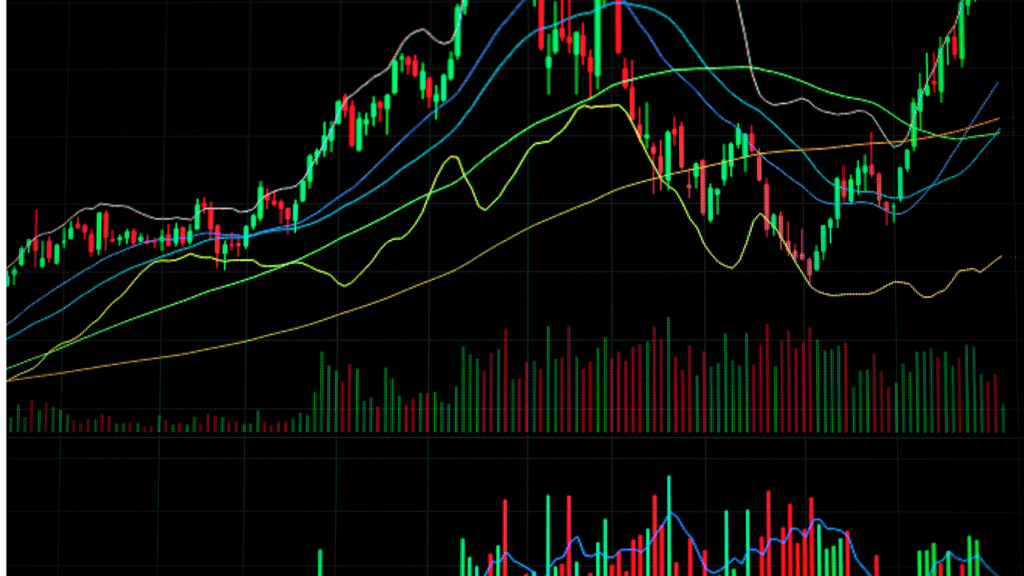The Rise of Gambling Apps
In recent years, gambling apps have surged in popularity. This growth is due to the convenience and accessibility these apps offer. Players no longer need to visit physical casinos; they can now gamble from their homes or even on the go, thanks to mobile technology.
Increased Accessibility
Gambling apps provide unprecedented accessibility. With smartphones in almost every hand, more people can engage in various forms of gambling, from sports betting to casino games. This accessibility fosters a broader user base, including individuals who wouldn’t typically visit a casino.
Advanced Features
Modern gambling apps incorporate advanced features that enhance user experience. Live betting options allow for real-time engagement in sports events. Personalized recommendations offer users tailored experiences based on their preferences and behaviors. These features contribute to the app’s appeal and user retention.
Secure Transactions
Security is paramount for users conducting financial transactions on gambling apps. Developers integrate robust encryption and multi-factor authentication to protect users’ personal and financial data. This security helps build trust and encourages more people to use these apps confidently.
Social Interaction
Many gambling apps include social features. Players can connect with friends, share achievements, and even compete against each other. These social elements add a layer of community to the gambling experience, making it more engaging and enjoyable.
Regulatory Changes
The rise of gambling apps has also led to changes in regulations. Governments are updating laws to address the unique challenges and opportunities these apps present. This evolving regulatory landscape impacts how apps operate and ensures player protection and fair play.
Gambling apps are changing how people engage with their favorite betting activities. By offering convenience, advanced features, security, and social interaction, these apps are redefining the gambling experience for today’s digital age.
Technological Innovations
Gambling apps rely heavily on cutting-edge technology to enhance user experiences. They leverage mobile integration and AI to create personalized, engaging environments.
Mobile Integration
Apps leverage mobile integration to maximize convenience for users. Through seamless connectivity, users can access features like:
- live betting
- real-time updates
- secure transactions
directly from their smartphones. This constant access has led to increased user engagement and higher retention rates. By supporting multiple mobile operating systems, gambling apps provide a broad reach.
Key mobile integration features include push notifications, geolocation services, and fingerprint authentication. Push notifications keep users informed of live events, geolocation ensures compliance with regional gambling laws, and fingerprint authentication enhances security.
AI and Algorithms
Artificial intelligence (AI) and algorithms play a crucial role in personalizing user experiences. AI analyzes user behavior to offer tailored recommendations and real-time insights.
Algorithms track betting patterns and preferences to suggest optimized choices. These technologies also contribute to responsible gambling by identifying risky behaviors and suggesting limits or breaks. Chatbots powered by AI provide instant support, answering user queries efficiently.
Machine learning algorithms constantly improve app features, adapting to user needs and market trends. Enhanced data analytics enable better fraud detection and secure transactions.
By adopting these technological innovations, gambling apps are transforming the betting and gaming landscape, offering an enhanced, secure, and personalized user experience.
Market Trends and Statistics

Mobile gambling apps have skyrocketed in popularity, reflecting significant shifts in market trends and user behavior. Stats reveal a transformative impact on the gambling industry.
User Demographics
Gambling apps attract diverse user demographics. Millennials (ages 25-40) are the primary users, with 60% favoring mobile platforms due to convenience and tech-savviness. In contrast, Gen Z (under 25) shows increasing engagement, driven by social media integration and esports betting. Notably, 40% of female users engage with gambling apps, highlighting a growing gender diversity.
Market Growth
The global mobile gambling market has seen exponential growth. Valued at $79.5 billion in 2020, projections indicate it may reach $127.3 billion by 2027. A 10% annual growth rate underscores the industry’s rapid expansion.
Key drivers include the rise of online casinos, sports betting apps, and regulatory changes favoring digital gambling. Mobile technology and secure transaction methods further fuel this growth, making gambling apps central to the industry’s future.
| Metric | Value (2020) | Projected (2027) |
|---|---|---|
| Market Value | $79.5B | $127.3B |
| Annual Growth Rate | 10% | – |
| Primary Demographic | Millennials | – |
Impact on Traditional Gambling
Gambling apps have significantly altered the landscape of traditional gambling industries like casinos and betting shops. This section explores how these changes manifest in revenue patterns and user preferences.
Changes in Casino Revenue
Casinos are experiencing a shift in revenue streams due to the rise of gambling apps. Physical casinos, where many individuals once flocked for entertainment, now see fewer visitors. For instance, Las Vegas reported a 6% decline in foot traffic from 2018 to 2021. This reduction directly affects revenue from in-person activities like table games and slot machines.
Online platforms, including casino apps, present new revenue opportunities which physical establishments leverage by launching their own digital versions. Companies like MGM Resorts and Caesars Entertainment offer their own mobile apps, capitalizing on the trend. The digital shift helps offset losses from physical operations, though not entirely. Reports show that online earnings contributed to 20-25% of total casino revenue in 2022, up from 10-15% in 2019.
Shift in User Preferences
User preferences have shifted notably due to the accessibility and convenience of gambling apps. Many bettors, especially younger demographics, prefer the flexibility of placing bets from their smartphones over visiting brick-and-mortar establishments.
Demographic data reveals that millennials and Gen Z are more inclined to use gambling apps. Over 70% of mobile betting app users in 2021 were aged 18-34. Features like live betting, instant withdrawals, and real-time notifications cater to the tech-savvy nature of younger users, pulling them away from traditional venues.
Additionally, social aspects play a role. Many apps incorporate social media features, allowing users to share achievements and engage in community betting, adding a layer of social interaction absent from physical casinos. This interaction further drives the preference for mobile platforms over traditional gambling settings.
Legal and Ethical Considerations
Gambling apps are altering the landscape of betting, leading to new legal and ethical considerations. These changes pose challenges and raise important questions.
Regulatory Challenges
Regulatory challenges in the gambling app industry are significant. Laws must evolve to keep up with technological advancements. Different countries have varying regulations, making it complex for app developers. For example, the US and UK have different gambling laws, affecting app operations and trust. Companies must navigate these legal landscapes carefully to avoid fines and ensure compliance.
Ethical Concerns
Ethical concerns arise with the increasing use of gambling apps. The potential for addiction is high, necessitating responsible gaming measures. Apps must include features like self-exclusion and spending limits to protect vulnerable users. Data privacy is another major issue, as apps collect extensive personal data. Users must know how their data is used and protected. It’s crucial for companies to implement strict data protection policies to maintain user trust.
Future Projections
Gambling apps are poised to impact the future of the betting industry significantly. Key advancements and market trends indicate ongoing evolution.
Emerging Technologies
Artificial Intelligence (AI), Virtual Reality (VR), and Blockchain are set to reshape gambling apps. AI enhances user experiences by providing personalized recommendations based on past behavior. VR introduces immersive interfaces, allowing users to experience a virtual casino environment from their homes.
Blockchain guarantees transparent transactions and secures user data, addressing privacy concerns. Implementing these technologies will give gambling apps an edge, increasing user engagement and trust.
Market Predictions
Industry analysts predict mobile gambling revenue will reach $100 billion by 2025. The growth is fueled by the rising popularity of online casinos and sports betting apps.
Countries with relaxed gambling regulations will lead this growth, attracting a global audience. Additionally, the integration of social betting features will appeal to younger users, enhancing user retention. Companies investing in innovative tech and staying ahead of regulatory changes will dominate the market.




